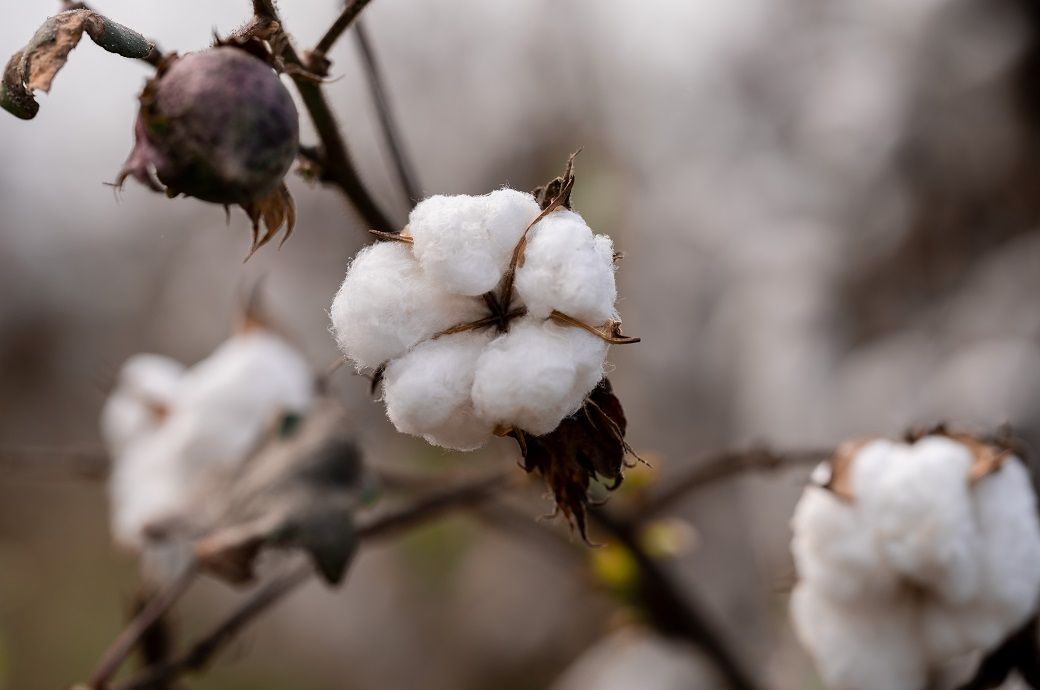
In addition to meeting the human-rights and environmental-protection criteria of the government-run textile certification label Green Button 2.0, licensed companies must apply the meta-label approach to prove that they produce their products sustainably, according to a press release by CmiA.
This recognition means that over 90 companies are currently able to meet meta-label requirements by using cotton from CmiA. Without a recognised certification seal, products cannot bear the Green Button label. To enable consumers to better navigate the market, Green Button’s meta-label approach recognises only independent, exacting, and relevant certification programmes in the textile sector.
At nearly the same time, the standards organisation Cradle to Cradle Products Innovation Institute recognised the requirements of the CmiA standard. C2C certified is the global standard for products that are safe, circular, and responsibly made. As a result, companies can use CmiA cotton produced through the Hard Identity Preserved (HIP) system to meet the bronze-level requirements in the material health category of the C2C certified product standard version 4.0.
By using CmiA cotton produced through the HIP system in their products, they can also meet the C2C certified gold-level requirements in three categories: product circularity, water and soil stewardship, and social fairness. Mass balance material may be used to achieve the gold-level in the two categories of product circularity and water and soil stewardship as well, added the release.
As a result of these developments, CmiA can now offer companies the raw materials they need for their garments and textiles to fulfil the requirements of two additional exacting sustainability standards.
Fibre2Fashion News Desk (NB)